Associate Professor, Dr. Le Minh Nguyet - Hanoi National University of Education said that the unit has just conducted a study on the classification of students after junior high school in Hanoi. The results show that the rate of junior high school graduates continuing to study high school in Hanoi every year is very large, but there are years when only more than 1% of students choose to study a profession.
In 2018, the Government issued a project on career education and orientation for students in general education for the period 2018-2025. The project sets a target that by 2025, 40% of students after graduating from junior high school will continue to study vocational training at elementary and intermediate levels.
According to Associate Professor Nguyet, from the collected data, after 7 years of implementation, Hanoi has summarized and shown that the effectiveness of career guidance and orientation is very low.
In 2021-2022, the whole city of Hanoi has more than 110,000 students graduating from junior high school. Of these, about 84% of them continue to study at public and private high schools, 7.1% study vocational training combined with culture, and 2.1% choose to study vocational training only.
The number of secondary school graduates who choose to study vocational training is low, with some years accounting for only 1.1%. Last year, Hanoi had 133,000 students completing grade 9, the vast majority of whom continued to study high school and nearly 10% of whom went to vocational schools.

Associate Professor Nguyet said that the project's goals were set very high, expectations were high, but the actual implementation was ineffective, showing inadequacies, contradictions, and even bottlenecks in student streaming.
The research team has pointed out major bottlenecks that need to be removed to implement more effective traffic diversion.
Firstly, the current salary policy is based on initial training level, not creating promotion opportunities for learners.
According to the current salary table for civil servants, the coefficient of intermediate level graduates is 1.86 (equivalent to 4.3 million salary), college level workers has a coefficient of 2.1 (equivalent to 4.9 million), university level workers has a coefficient of 2.34 (equivalent to nearly 5.5 million).
Thus, students with higher qualifications have higher salaries and have more opportunities for advancement than those with other qualifications. Meanwhile, students studying vocational secondary schools, if they want to transfer to other levels of education, will have to spend a lot of time.
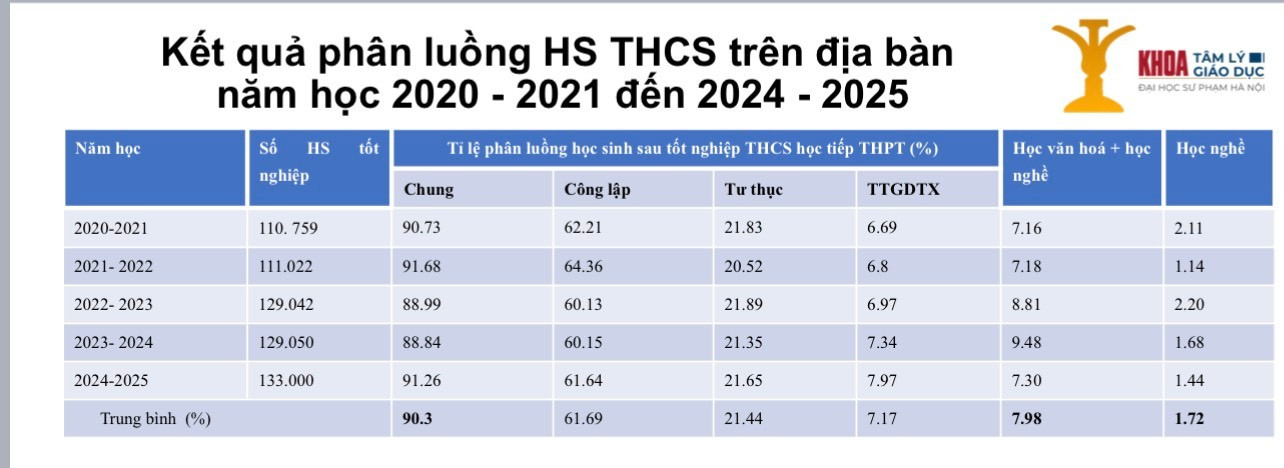
"Not to mention, with today's developed society, intermediate and college graduates do not provide enough knowledge and skills for workers. Some industries, such as teachers, have raised standards, and colleges and preschools have had to merge," Associate Professor Nguyet said.
Secondly, the majority of students want to go to high school, so the "fixation" of 40% of students to study vocational training after middle school is rigid. Each student has different conditions, circumstances, and family support.
The third bottleneck, according to experts, is that the current goals and approaches to student streaming are still very inadequate and do not meet the requirements of education in the digital age.
When we divide the streams, we have to imagine that there are specific streams. For example, the stream of talented and gifted students, after junior high school, can go to specialized schools, selective classes to enter elite universities, become experts and scientists in various fields, accounting for about 10-20%.
The number of students continuing to study at high schools and vocational training centers accounts for about 70%. In addition, there are students who, for various reasons, choose to study vocational training to meet the abundant human resources demand of the labor market.
Based on the current reality, the research team of Hanoi National University of Education proposed to study and adjust the salary levels and ranks of civil servants in the direction of ensuring income as well as career advancement opportunities for workers with intermediate and college qualifications. The education management agency needs to have strong solutions to urgently popularize high school education for students in the spirit of Resolution 71 of the Politburo.
In addition, parents and students also need to change their perception that only weak people should go to vocational school.
On the morning of October 17, Hanoi National University of Education organized a workshop on "Psychology and Pedagogy in the digital age".
At the workshop, researchers and experts in the fields of psychology and education exchanged and discussed current and practical issues of education, contributing to building solutions for the intelligent, humane and sustainable use of technology in modern society.
Experts say the digital environment poses complex challenges related to mental health, technology dependence, emotional and behavioral disorders, and changes in social relationships...

University waiting for arrangement proposal

Can Tho pays teaching hour debt, reopens teacher promotion consideration after many years

Many Southern universities announce 2026 enrollment methods
.
Source: https://tienphong.vn/phan-luong-hoc-sinh-sau-thcs-nghen-tu-chinh-sach-den-nhan-thuc-post1788037.tpo






![[Photo] Cat Ba - Green island paradise](/_next/image?url=https%3A%2F%2Fvphoto.vietnam.vn%2Fthumb%2F1200x675%2Fvietnam%2Fresource%2FIMAGE%2F2025%2F12%2F04%2F1764821844074_ndo_br_1-dcbthienduongxanh638-jpg.webp&w=3840&q=75)



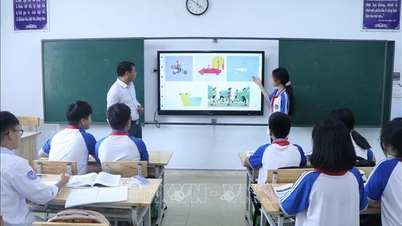



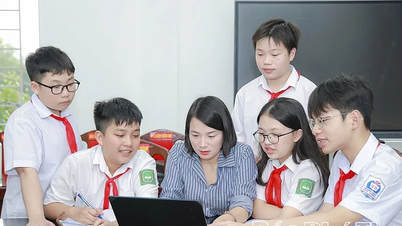




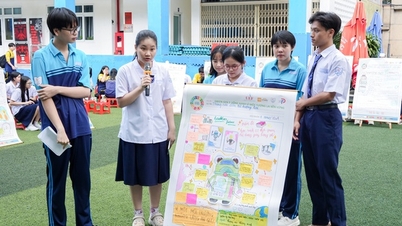

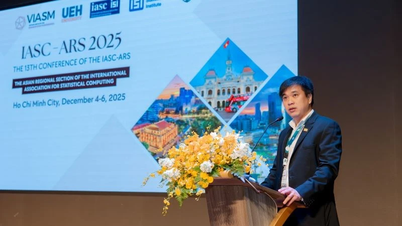

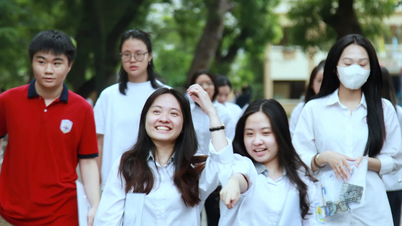
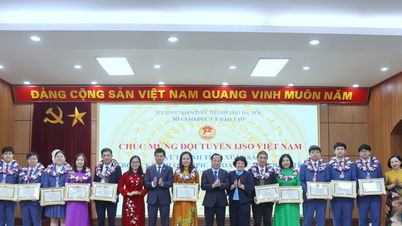


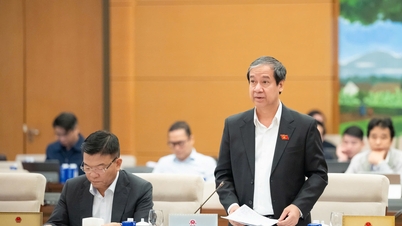












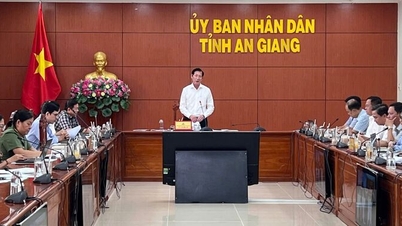



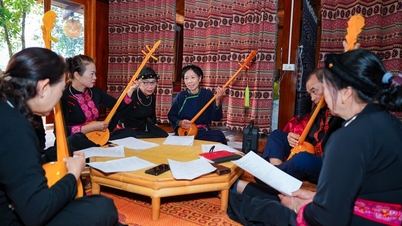



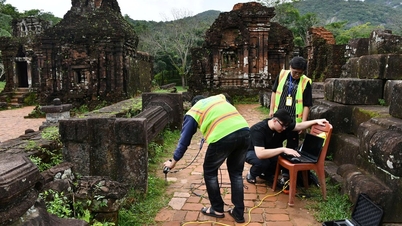
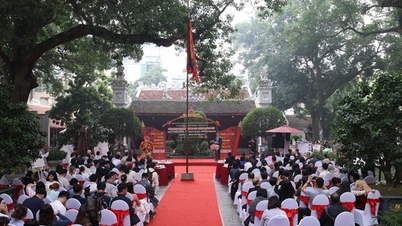



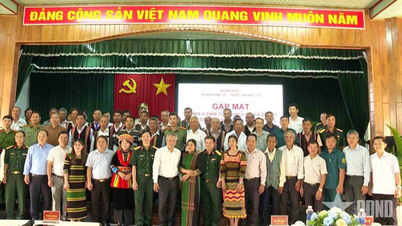






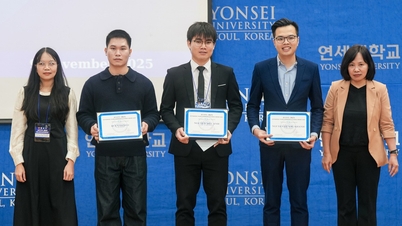

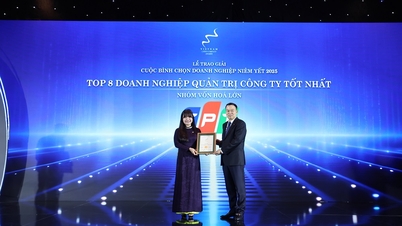



![[VIMC 40 days of lightning speed] Da Nang Port: Unity - Lightning speed - Breakthrough to the finish line](https://vphoto.vietnam.vn/thumb/402x226/vietnam/resource/IMAGE/2025/12/04/1764833540882_cdn_4-12-25.jpeg)

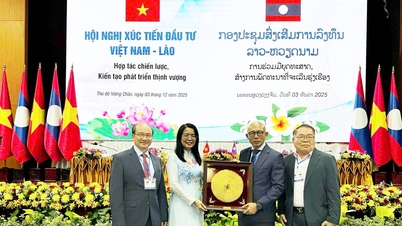

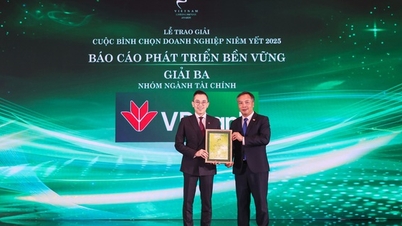








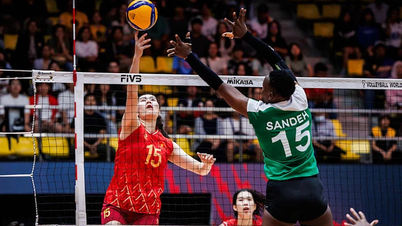




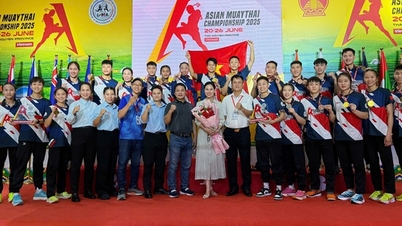
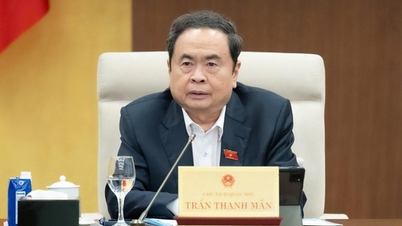



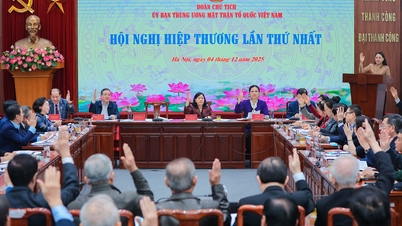
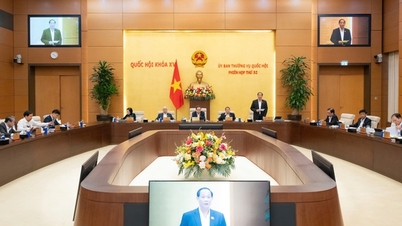























Comment (0)